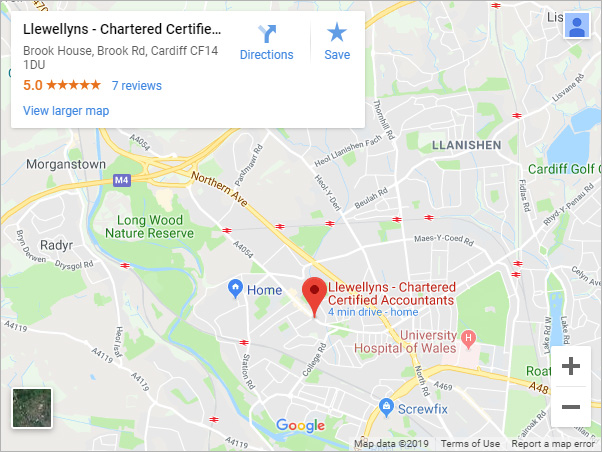The Intricacies of Writing a Business Plan
Creating a business plan isn’t just a formality — it’s one of the most powerful tools you have to guide your company’s growth, secure funding, and stay tax-efficient. But a truly effective business plan should do more than just outline what you do and who your customers are.
From the viewpoint of an accountant, business advisor, and tax advisor, here’s what a great business plan needs — and why every number, forecast, and assumption matters.
🔍 1. Understanding the Purpose Behind the Plan
Before you even begin writing, ask yourself: Who is this business plan for?
- Banks or investors? It needs robust financials and a clear ROI strategy.
- Internal growth? It should be a roadmap with measurable goals.
- Succession or sale planning? It should demonstrate scalability and compliance.
Each audience has different priorities — and as advisors, we tailor your plan accordingly.
📊 2. Financial Forecasting That Holds Up
As accountants, we focus heavily on the numbers — and how realistic and sustainable they are. Your financial section should include:
- Profit and loss forecasts (usually 1–3 years)
- Cash flow projections — essential for demonstrating working capital needs
- Balance sheet assumptions
- Break-even analysis
Accurate projections are crucial for decision-making and funding — but also for managing tax liabilities and making strategic tax planning decisions.
Tip: Don’t base projections on hope. Base them on data, trends, and realistic margins.
📋 3. Structuring for Tax Efficiency
As tax advisors, we help you plan for more than just growth — we plan for efficient growth.
When writing your plan, think ahead to:
- How profits will be extracted (dividends vs salary vs bonus)
- Whether your trading structure is tax-efficient (sole trader, partnership, limited company)
- What reliefs and allowances you could claim (R&D tax relief, capital allowances, BADR)
Forward tax planning saves money — but only if your business plan accounts for it early.
🧭 4. Strategic Vision & Accountability
As business advisors, we see your plan as a living document — not just something you show the bank.
A good plan outlines:
- Short, medium and long-term goals
- Key performance indicators (KPIs)
- Roles, responsibilities and succession planning
- Risk assessment and mitigation strategies
It’s also a reference point — something you revisit quarterly or annually to track progress and pivot when needed.
✍️ 5. Common Pitfalls We Help You Avoid
- Overestimating income or underestimating costs
- Forgetting to plan for tax or cash shortfalls
- Neglecting legal structure, VAT or payroll needs
- Focusing too much on the idea and not enough on implementation
These mistakes can lead to cash flow issues, lost investor confidence, or even tax penalties — all avoidable with the right professional input from the outset.
✅ Why Professional Support Matters
You don’t have to write your business plan alone. At Llewellyns Chartered Certified Accountants, we bring together financial insight, tax strategy, and commercial experience to help you create a business plan that:
- Attracts the right funding
- Meets HMRC expectations
- Supports long-term, sustainable growth
📩 Ready to turn your vision into a practical, profitable strategy? Let’s build it together.








